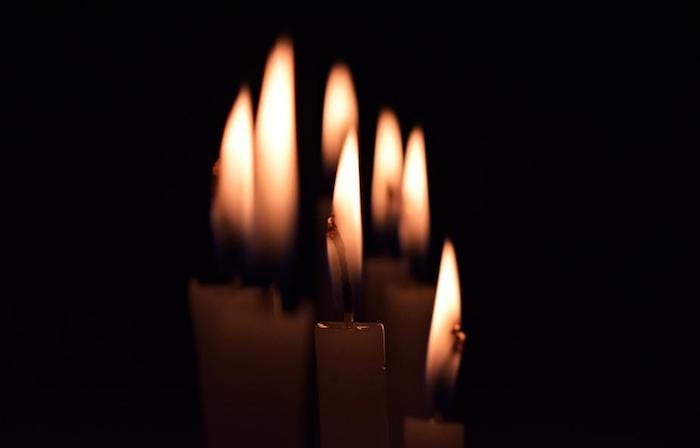
If there’s any group of people who could benefit from the grounding awareness of God and the empathy and compassion for others that come from contemplative prayer, it may be American evangelicals.
Having said that, if there is any group in the world that may be the most resistant and ill-prepared for contemplative prayer, it may be American evangelicals.
Our deficits in compassion and empathy are often on display in the ways that some white evangelicals fail to heed the experiences of people of color and how certain government policies impact them disproportionately.
Our deficit of attention to God’s presence and love is often exacerbated by the American drive to accomplish things, to meet goals, and to report on progress. Ironically, it’s the sense of mission and purpose driving evangelicals that makes it so hard for us to sit still and “wait patiently” for the Lord (as the Psalms tell us).
I’ve been in plenty of meetings where prayer felt like a luxury, or at worst a distraction from the vital business at hand. Evangelicals want to move forward, to advance, rather than withdraw and retreat.
We’re comfortable with the mission of Jesus, but we don’t know what to do with the solitude of Jesus where he frequently withdrew to pray.
How can you meet important goals and benchmarks for a compelling vision if you’re spending your evenings withdrawing to pray in solitude?
We are busy doing things, reaching goals, and measuring results and impact. We want numbers, and you can’t quantify prayer. The inability to measure prayer feeds into other issues with guilt, as evangelicals also worry that they can’t pray enough.
If I don’t have strong habits or some kind of structure in place for prayer, it can be hard to make space for it. Stopping for prayer only becomes harder once my day is in motion, emails are streaming in, and meetings produce action items and reports to follow up on.
I have often wondered about how to apply the solitude of Jesus to my own life.
How did his solitude impact the way he chose his disciples?
Did his solitude on the Mount of Transfiguration give him the strength to face his imminent death?
The fear I’ve experienced in my own evangelical community is that retreating or withdrawing could damage our momentum and prevent us from moving forward–whatever that really means.
We may never know just how much our neglect of prayer, and its grounding, reorienting effect, has actually held us back from the mission of God.
Make Space to Pray Today
You can read more about my journey into contemplative prayer and my recovery from anxious Christianity in my newly revised and expanded book: Flee, Be Silent, Pray: Ancient Prayers for Anxious Christians
** Image source: https://burst.shopify.com/photos/candles-lit-in-dark, Photo by: Leandro Almeida












